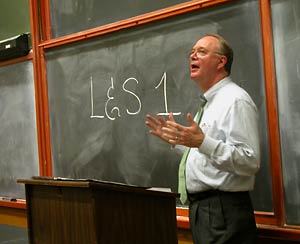 Usually history podcasts are in the form of a monologue, or a lecture, which is essentially also a monologue, but Napoleon 1O1 (mind the O) uses the dialog. It is widely considered to work better having more voices on podcast and I must agree, dialogs, panels and interviews are more compelling. Hence, this podcast series about Napoleon, pulls the work off really well. And it shows, the podcast is supposedly very successful, rather famous, wins acclaim by other podcasters (such as Jim Mowatt of Historyzine) and generally has a wide following.
Usually history podcasts are in the form of a monologue, or a lecture, which is essentially also a monologue, but Napoleon 1O1 (mind the O) uses the dialog. It is widely considered to work better having more voices on podcast and I must agree, dialogs, panels and interviews are more compelling. Hence, this podcast series about Napoleon, pulls the work off really well. And it shows, the podcast is supposedly very successful, rather famous, wins acclaim by other podcasters (such as Jim Mowatt of Historyzine) and generally has a wide following.Cameron Reilly and David Markham discuss the life and career of Napoleon Bonaparte, patiently going the chronology from early life, step by step until the bitter end. There are some 35 episodes of around 40-60 minutes closing in on the end - fans are dreading the end already. The dialog is natural, both men are knowledgeable about Napoleon, although David speaks frequently for long periods on end. The fact, however, that Cameron is listening makes sure the explanations come out naturally and not as a droning soliloquy.
The series started some two years ago and suffers in the first episodes from some of the technical drawbacks of recording over a distance, this improved rapidly. I think this is a very recommendable podcast for everybody into Napoleon, but possibly even to anyone interested in any which good history podcast.























.jpg)
